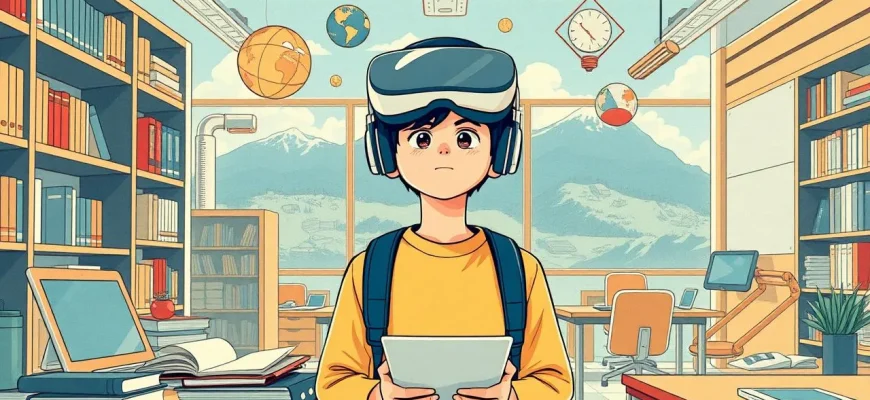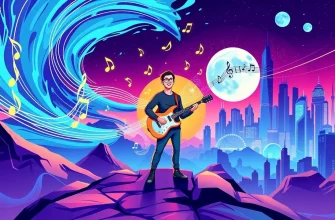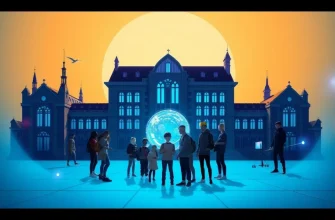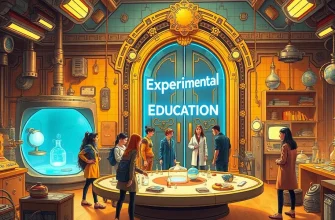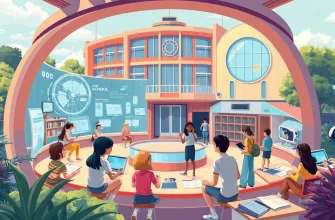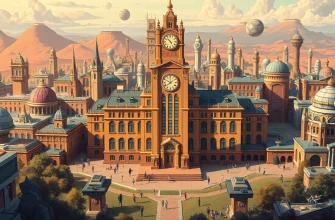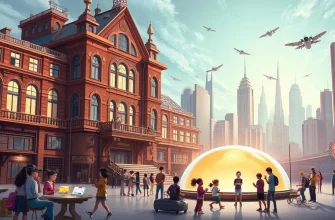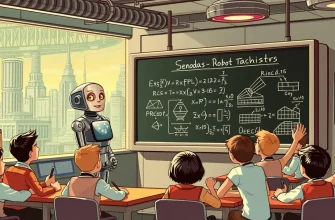Dive into a world where education isn't just about textbooks and classrooms but a transformative journey through time, technology, and societal shifts. This collection of 10 sci-fi films offers a fascinating look at how education might evolve in the future, challenging our current perceptions and sparking thought-provoking discussions. Whether it's through virtual reality, AI teachers, or radical policy changes, these films provide a speculative yet insightful glimpse into the potential future of learning.
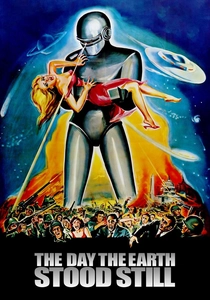
The Day the Earth Stood Still (1951)
Description: An alien visitor comes to Earth to deliver a message about peace and the future of humanity, which can be interpreted as a lesson in global education and reform.
Fact: The film was remade in 2008 with Keanu Reeves, but the original remains a classic for its social commentary.
 Watch Now
Watch Now
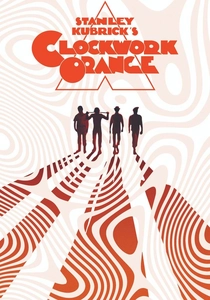
A Clockwork Orange (1971)
Description: This film, while controversial, explores themes of free will, conditioning, and the potential for education to be used as a form of control or reform.
Fact: The film's title is taken from an old Cockney expression, "as queer as a clockwork orange," meaning something that seems natural but is artificial.
 Watch Now
Watch Now

Gattaca (1997)
Description: Set in a future where genetic engineering determines one's place in society, 'Gattaca' questions the ethics of educational and societal reform based on genetic potential.
Fact: The film's title is derived from the four nucleobases of DNA: guanine, adenine, thymine, and cytosine.
 Watch Now
Watch Now

The Matrix (1999)
Description: While not directly about education reform, 'The Matrix' explores a world where humans are plugged into a virtual reality, questioning the nature of reality and knowledge, which can be seen as a metaphor for educational reform.
Fact: The film's concept of 'the Matrix' has become a cultural touchstone for discussions on reality, perception, and education.
 Watch Now
Watch Now

Equilibrium (2002)
Description: In this dystopian future, emotion is outlawed, and education focuses on maintaining societal order. The film subtly critiques the idea of education as a tool for control rather than enlightenment.
Fact: The film's director, Kurt Wimmer, also wrote the screenplay, which was inspired by Ray Bradbury's "Fahrenheit 451".
 Watch Now
Watch Now
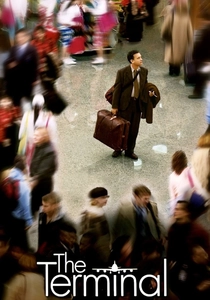
The Terminal (2004)
Description: While not explicitly about education reform, the film's protagonist learns to navigate a new society, symbolizing the educational journey of adapting to change.
Fact: The film was inspired by the true story of Mehran Karimi Nasseri, who lived in Paris's Charles de Gaulle Airport for 18 years.
 Watch Now
Watch Now

The Island (2005)
Description: In a world where clones are raised to serve as organ donors, the film questions the ethics of education and the value of human life in a society driven by technology.
Fact: The film's concept was inspired by a story Michael Bay heard about a man who believed he was living in a controlled environment.
 Watch Now
Watch Now
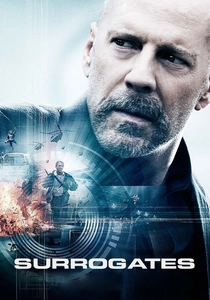
Surrogates (2009)
Description: This film explores a world where people live through robotic surrogates, questioning the impact of technology on human interaction and education.
Fact: The film is based on the graphic novel "The Surrogates" by Robert Venditti.
 Watch Now
Watch Now

The Adjustment Bureau (2011)
Description: While primarily a love story, it delves into themes of destiny, free will, and how education and life paths might be predetermined or adjusted by external forces.
Fact: The film is loosely based on Philip K. Dick's short story "Adjustment Team."
 Watch Now
Watch Now
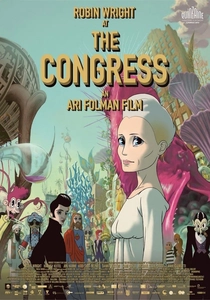
The Congress (2013)
Description: This film explores the future of entertainment and education through the lens of an actress who sells her digital likeness, raising questions about identity, creativity, and learning.
Fact: The film is based on Stanislaw Lem's novel "The Futurological Congress."
 Watch Now
Watch Now

